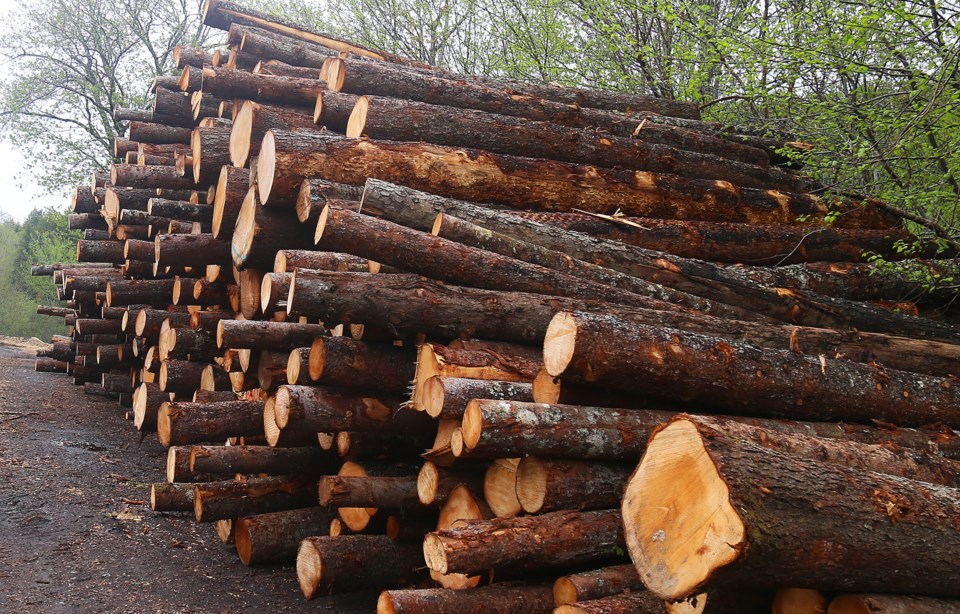THUNDER BAY - Chiefs with the Matawa First Nations tribal council have lent their support to Treaty 9 First Nations in their lawsuit against the province over the degradation of the boreal forest.
The Matawa Chief’s Council issued a statement on Friday in support of the lawsuit filed by Brunswick House, Chapleau Cree, and Missinabie Cree Nation earlier this week.
The lawsuit is seeking to stop what is being referred to as "the degradation of the boreal forest" and to correct historical impacts and revenue compensation for forestry and industrial activity on territorial lands.
The three First Nations allege the province is focused on wood production and the interests of the forest industry, not the health and sustainability of the forest ecosystem upon which First Nation communities depend.
“The Matawa Chiefs Council acknowledge and support the efforts and leadership of the plaintiff First Nations on this important and significant lawsuit that will result in a potential decision that will impact all First Nations across James Bay Treaty No. 9,” the Matawa Chief’s Council statement reads.
“The land subject to Treaty covered within this lawsuit is where the three First Nations have witnessed the harvesting of the forest and other natural resources without acknowledging or honouring the interests and rights of our People. The resources extracted from James Bay Treaty No. 9 territory to date without our free, prior and informed consent has made significant economic contributions to the economy of Ontario and Canada – in both forestry and mining.”
The statement goes on to read that the land, resources, and wealth from the James Bay Treaty No. 9 area need to be acknowledged and First Nation communities be equally compensated.
Chief Sheri Taylor of Ginoogaming First Nation said she is looking forward to the outcome of the lawsuit and she believes the financial benefits of the forestry resources should be shared with First Nation communities.
“The impacts of forestry and industry in our traditional lands has been significant to the history of our people and communities,” she said. “Ginoogaming First Nation shares the similar experience in the challenges faced by the plaintiff First Nations now being brought before the court, as we are on the same forestry frontline in our traditional lands and territories.”
Chief Bruce Achneepineskum of Marten Falls First Nation, Chief Sol Atlookan of Eabametoong First Nation, and Chief Dorothy Towedo of Aroland First Nation also issued a joint statement in support of the legal action.
“As James Bay Treaty No. 9 signatories, it is about time that First Nations have a direct role and authority over forest management in our traditional territories and homelands,” the statement reads. “Right now, as it stands, we encounter human and financial capacity challenges as we try to engage with both economic development and forest management planning processes that are not our own.”
Kiiwetinoong MPP Sol Mamakwa, the NDP critic for Indigenous and Treaty Relations, is also supporting the claim filed by the three First Nations, saying they are protecting their treaty rights.
“I stand with Chapleau Cree, Missanabie Cree, and Brunswick House First Nations in their fight to defend their traditional ways of life. The Ontario government has a responsibility to ensure that our ways of life and right to hunt and harvest on treaty territories are protected. The treaty is not being upheld,” Mamakwa said in a statement issued on Friday.
“Doug Ford and the Ontario government should put words into action and properly uphold the nation-to-nation relationship between these First Nations and the Crown. That means working with First Nations instead of forcing them to fight in court. Take, for example, the Robinson Treaties Annuity case — which the government has appealed instead of negotiating a settlement.”





